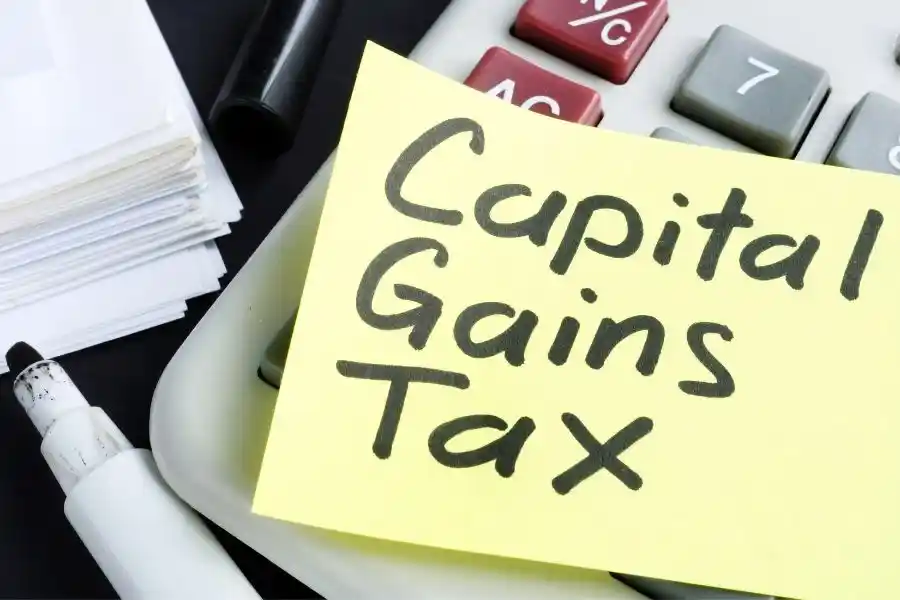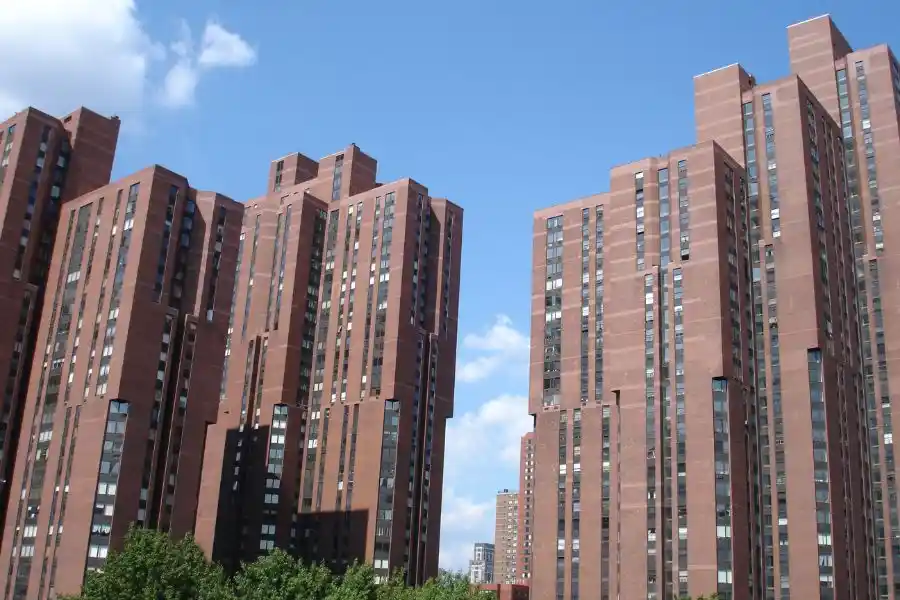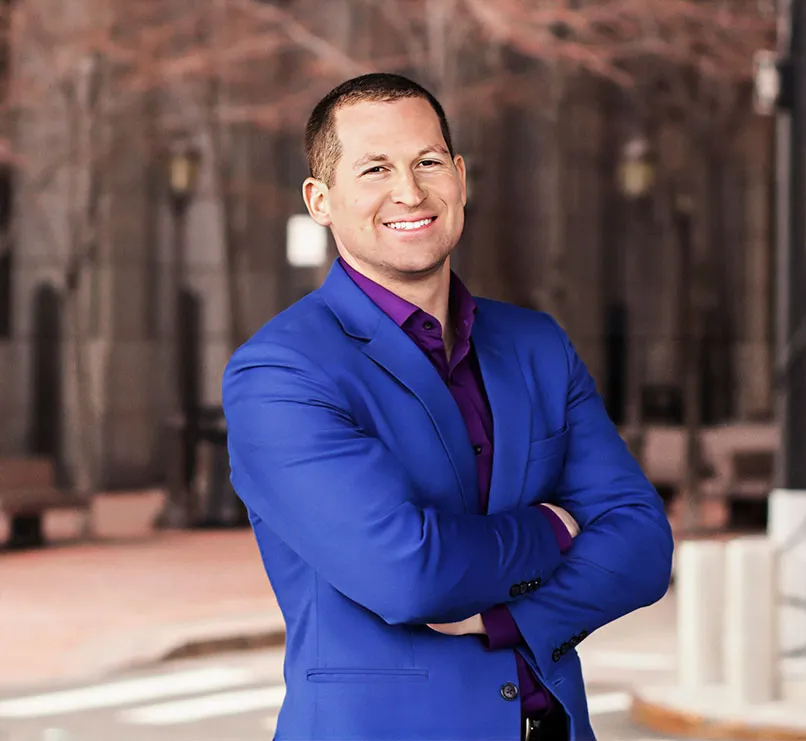Over 69% of the condos in Manhattan closed for more than $1 million in October 2024. So, in a way, most millionaire condo owners are technically millionaires and are spread out over the city. But if you set a higher bar (multi-millionaires) and wonder where do the millionaires live in NYC? we can narrow down the selections. It’s worth noting that New York has one of the highest concentrations of millionaires in the world, with about 349,500 millionaires (one in every 24 people in the city), and 744 of them are cent millionaires, with a net worth of over $100 million.
Midtown Manhattan
Midtown Manhattan is home to the famous “Billionnaire’s row” and some of the most exclusive buildings in the city. Many of these structures are not as well-occupied as buildings in other, more modest areas of the neighborhood but it’s safe to infer that whatever residents they have likely fall in the millionnaire category.
Upper East Side
The Upper East Side, thanks to its stellar views of the Central Park and generational wealth is home to many millionaires in the city. It’s also home to NYC’s historically famous gold coast, where many famous and wealthy families of the city lived.
Tribeca
With a median sale price of $3.1 million, Tribeca is also a neighborhood that would mostly attract millionaires. It’s home to some of the most sought-after and trendiest places in the city, which significantly increases its appeal.

Battery Park City
According to the US census data, one Battery Park City zip code had the highest median income – $250,000, which indicates that many individuals and households in the neighborhood are likely to have a millionaire status.
If you are looking to buy and rent in neighborhoods where the wealthiest of the city dwell, these four may be a good starting point. However, your New York City broker may help you identify other neighborhoods and areas where NYC millionaires are concentrated.
Also Read: Brownstone Bliss: Exploring the Popularity of NYC’s Iconic Homes









